Nvidia CEO backs Trump plan to scrap AI chip export curbs to China
Huang criticizes Biden era 'AI diffusion' rule, restrictions as failure costing US tech firms billion in revenue
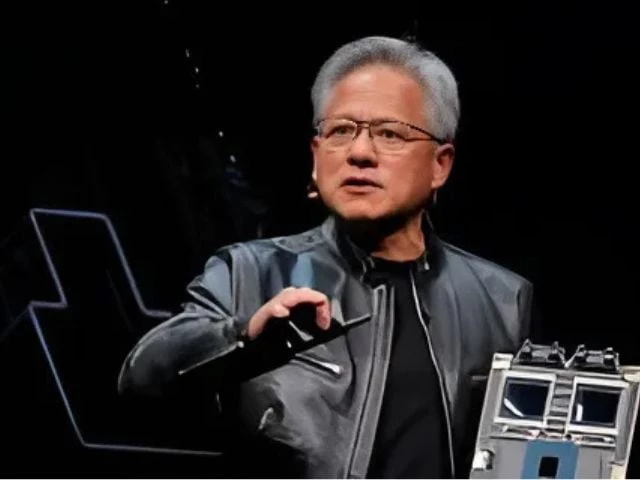
Speaking at the Computext tade show in Taipei, Nvidia CEO Jensen Huang praised President Donald Trump’s move to reverse some of the AI chip export curbs, which he said have backfired strategically and economically.
He has strongly criticised the Biden administration’s export restrictions on artificial intelligence (AI) chips to China, calling them a “failure” that cost American tech firms billions in revenue.
“All in all, the export control was a failure,” said Huang. “The fundamental assumptions that led to the AI diffusion rule have been proven fundamentally flawed.”
Jensen Huang has landed.
— TaiwanPlus News (@taiwanplusnews) May 17, 2025
The Nvidia CEO praised U.S. President Donald Trump upon his arrival in Taiwan, but stayed mum about the site of a reported new office for the tech giant in the country. pic.twitter.com/5rTkMzZSfe
The Biden-era “AI diffusion rule” segmented countries into three tiers, completely blocking China from accessing high-performance US-made AI chips.
The restrictions drove Chinese firms to invest heavily in local alternatives, notably Huawei, and accelerated Beijing’s ambitions to build an independent semiconductor supply chain.
Huang revealed Nvidia’s market share in China plummeted from 95% to 50% since introduction of Biden’s controls.
He argued that these measures only incentivised China to double down on domestic development, while cutting off US firms from a key market worth an estimated $50 billion next year.
“Our competition in China is really intense,” Huang said. “They would love for us never to go back.”
Trump administration officials are reportedly planning to abandon the current tiered restriction system in favour of a global licensing framework involving government-to-government agreements.
Such a shift could offer the US more leverage in trade negotiations and reduce unintended consequences of blanket bans.
Huang praised this strategic rethink, stating: “President Trump realises it's exactly the wrong goal to try to isolate US technology from the world.”
The chipmaker has been hit hard financially by the restrictions.
Nvidia disclosed in April it would take a $5.5 billion charge due to the inability to sell its H20 AI chip in China.
Huang later estimated total revenue loss from H20 export limits could reach $15 billion.
Despite the setbacks, Nvidia is working on a compliant version of its Blackwell chip with downgraded memory to meet US export regulations.
China, meanwhile, has denounced the US export rules as discriminatory.
The commerce ministry in Beijing urged Washington to reverse course, warning of “resolute measures” if restrictions continue to damage Chinese economic interests.
Nvidia remains hopeful of re-entering the Chinese market more fully if Trump’s revised policy takes effect, potentially easing current barriers and opening up further opportunities in one of the world’s fastest-growing AI sectors.




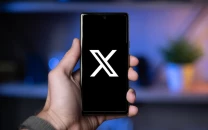

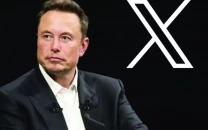




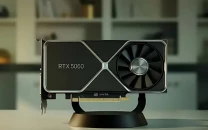
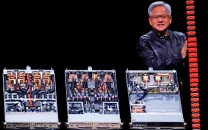
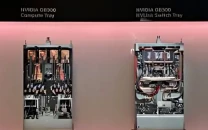












COMMENTS
Comments are moderated and generally will be posted if they are on-topic and not abusive.
For more information, please see our Comments FAQ